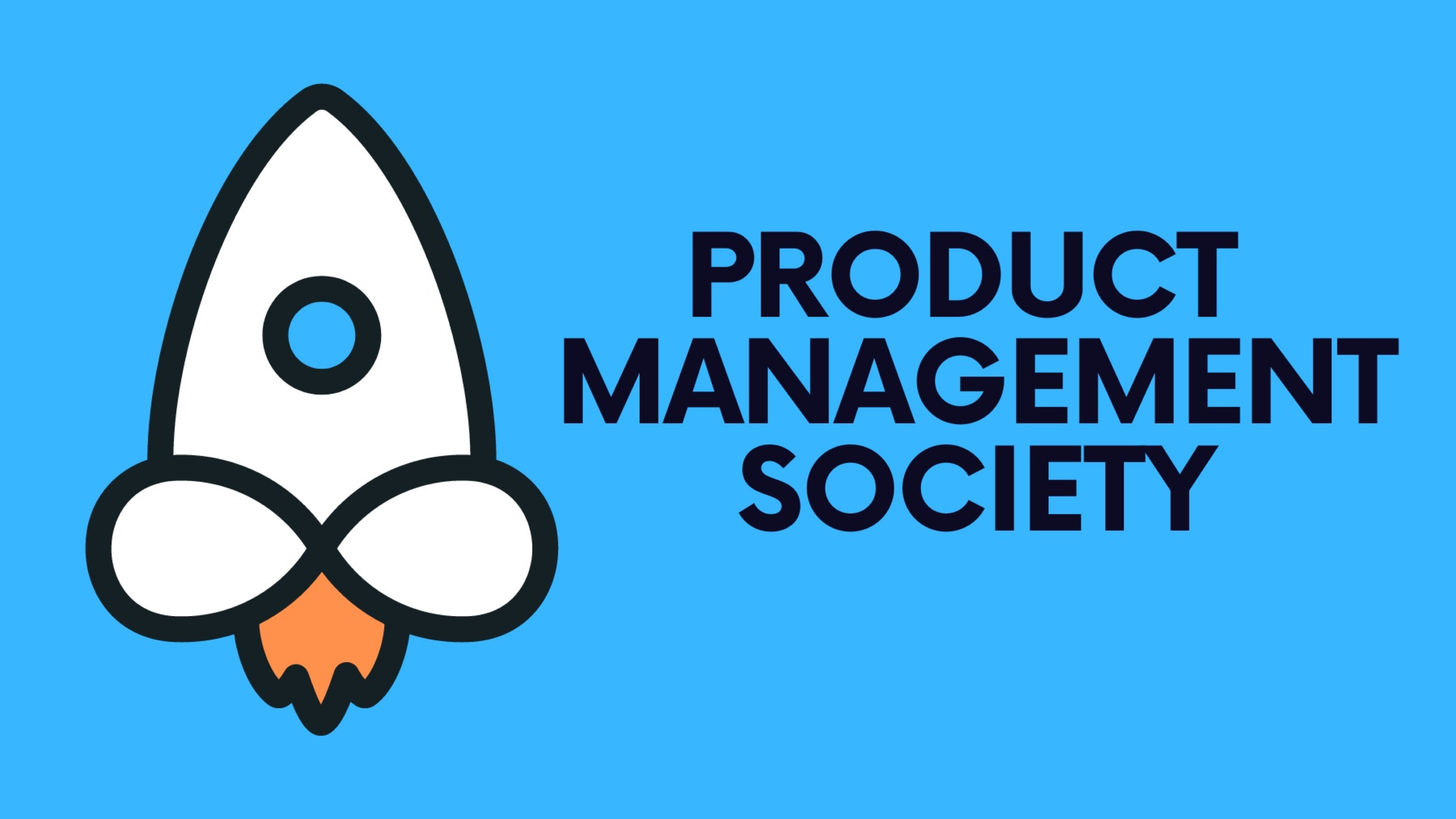Staying ahead in product management requires an understanding of current practices and a forward-looking view of emerging trends. This article explores key trends that are set to shape the future of product management, offering insights into how product managers can prepare for what’s coming.
1. Increasing Emphasis on AI and Machine Learning
AI-Driven Decision Making:
Thanks for reading Product Management Society! Subscribe for free to receive new weekly posts 🚀
- Artificial intelligence (AI) is revolutionizing product decision-making. AI algorithms can analyze large datasets faster and more accurately than humans, providing insights that drive smarter feature enhancements and innovations.
Personalization at Scale:
- Machine learning technologies are enabling product managers to offer unprecedented levels of personalization. By understanding user behaviors and preferences at an individual level, products can be tailored to meet each customer's specific needs.
2. The Rise of User Privacy and Data Ethics
Privacy by Design:
- With increasing scrutiny on data privacy, product managers must integrate privacy considerations into the product design phase. This includes ensuring compliance with regulations like GDPR and designing products that offer robust data protection features.
Ethical Use of Data:
- Ethical considerations will play a critical role in future product development. Product managers must navigate the fine line between leveraging data for product improvement and respecting user privacy and ethics.
3. Greater Focus on Sustainable and Socially Responsible Products
Sustainability in Product Lifecycle:
- There is a growing demand for environmentally friendly and sustainable products. Product managers must consider their products' environmental impact, from sourcing materials to disposal.
Social Responsibility:
- Consumers increasingly prefer products from companies that demonstrate social responsibility. Future product managers must ensure that their products and practices align with broader social values and contribute positively to society.
4. The Integration of Product Management with UX/CX
User Experience as a Key Differentiator:
- The line between product management and user experience (UX) is blurring. A seamless user experience is becoming a critical competitive advantage, and product managers must work closely with UX teams to ensure products are intuitive and enjoyable.
Customer Experience (CX) Optimization:
- Beyond UX, the overall customer experience (CX) across all touchpoints is vital. Product managers must oversee the entire customer journey, ensuring consistency and high-quality interactions at every stage.
5. Agile Practices and Beyond
From Agile to Continuous Deployment:
- Agile methodologies will continue to evolve. Continuous integration and continuous deployment (CI/CD) practices will become more prevalent, enabling faster iterations and product updates in response to user feedback.
Hybrid Agile Frameworks:
- As teams and projects become more complex, hybrid frameworks that combine elements of Agile with other methodologies will be more widely adopted to cater to specific project needs.
6. Expanding Role of Product Managers
Strategic Influence:
- Product managers are increasingly expected to play a strategic role within companies. They will need to align product strategies with business objectives and demonstrate how their products contribute to the organization's overall success.
Leadership and Cross-Functional Skills:
- The role of a product manager is expanding to require broader leadership and cross-functional skills. Future product managers will need to influence and collaborate effectively across different business areas.
Conclusion
The future of product management is set against a backdrop of rapid technological change, increasing ethical considerations, and a stronger focus on user and customer experiences. By staying informed about these trends and adapting their skills and strategies accordingly, product managers can continue to drive product success and innovation.
Stay tuned for our next article, in which we will discuss how to effectively manage remote product management teams in a globalized workforce.
If you’re finding this newsletter valuable, consider sharing it with friends, or subscribing if you aren’t already. Also, consider coming to one of our Meetups and following us on LinkedIn ✨
Thanks for reading Product Management Society! Subscribe for free to receive new weekly posts 🚀







